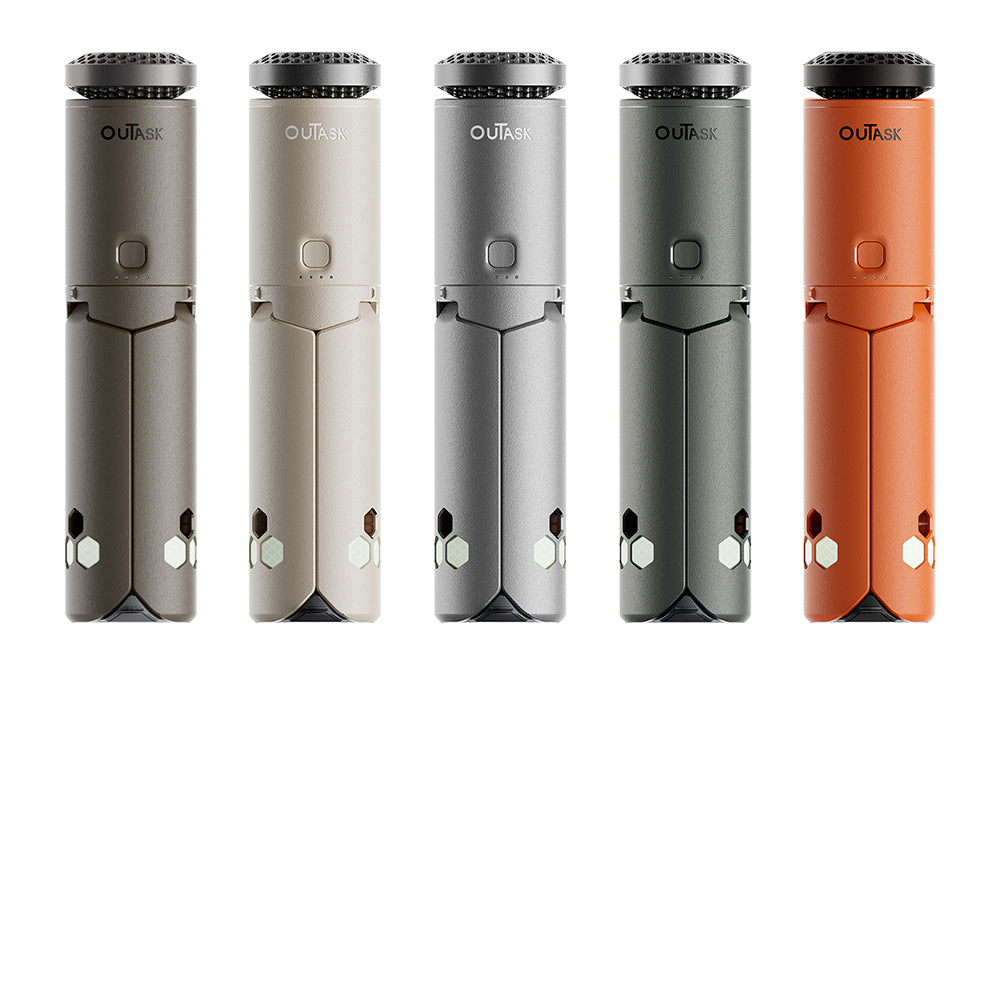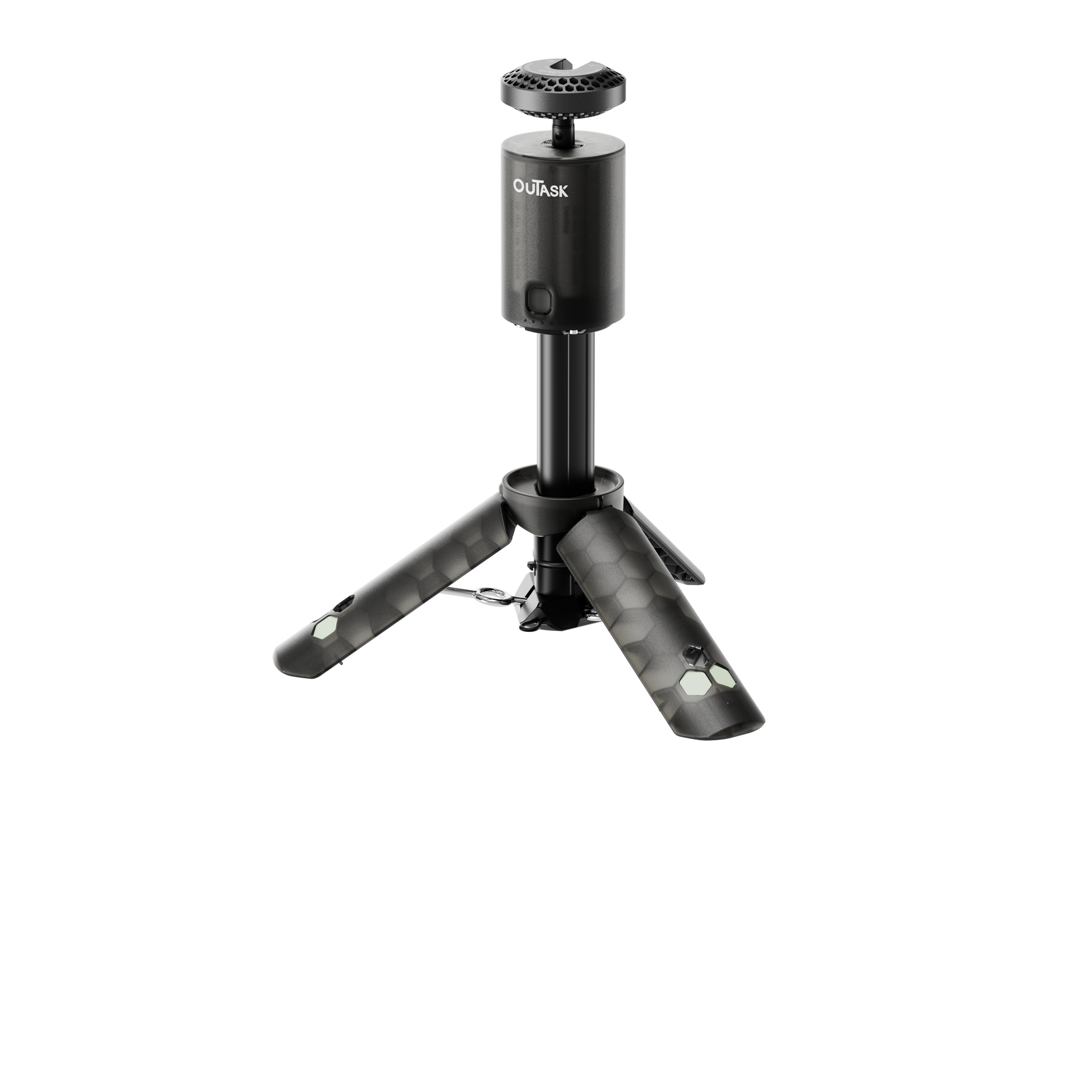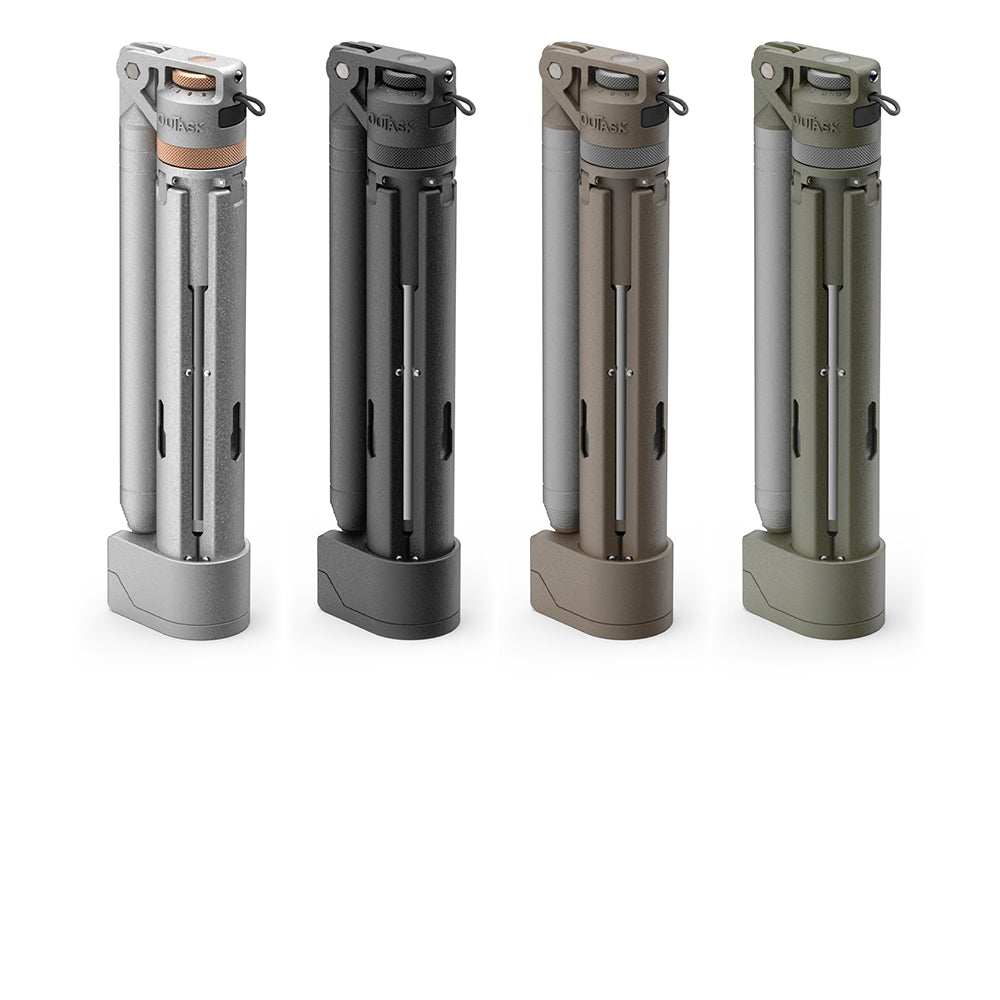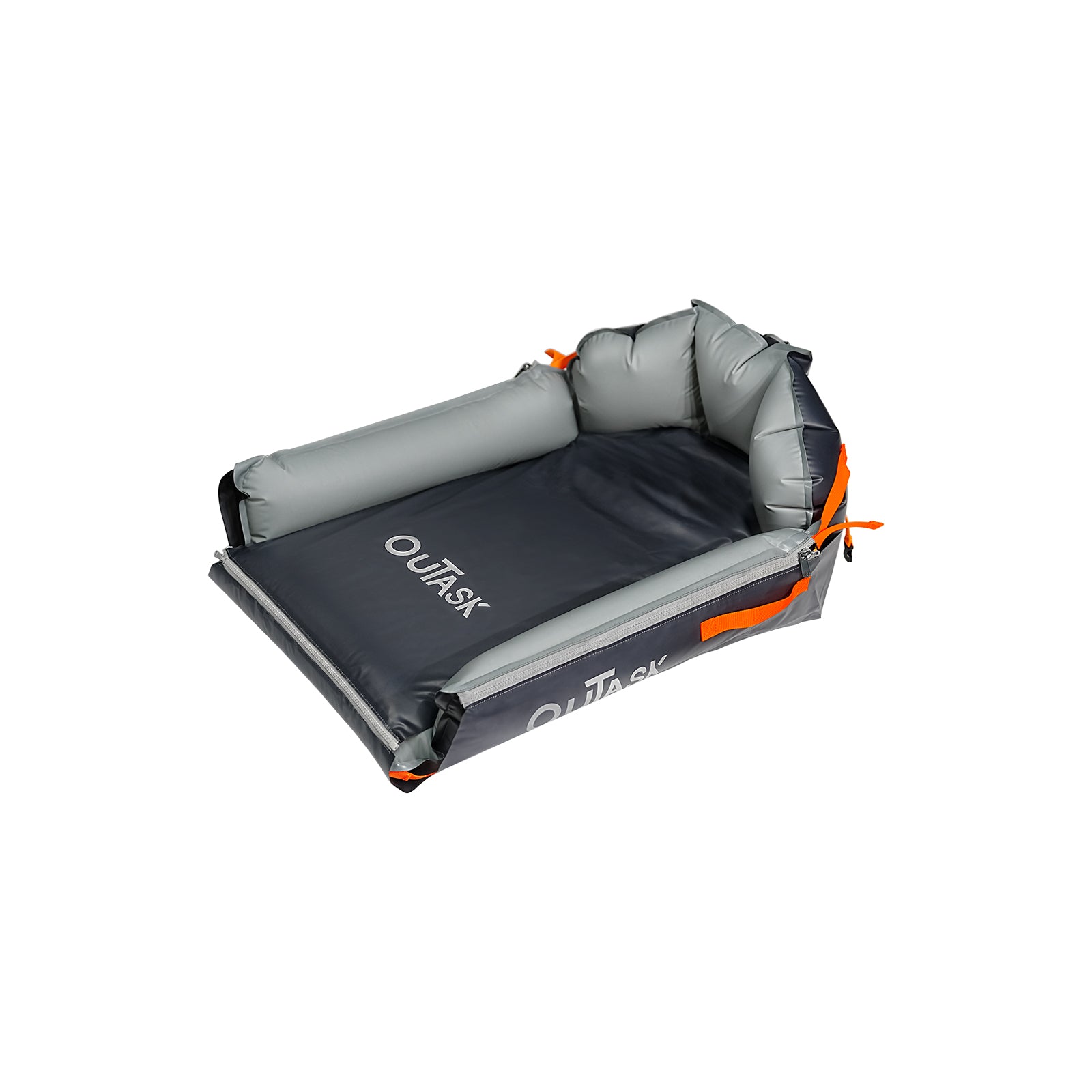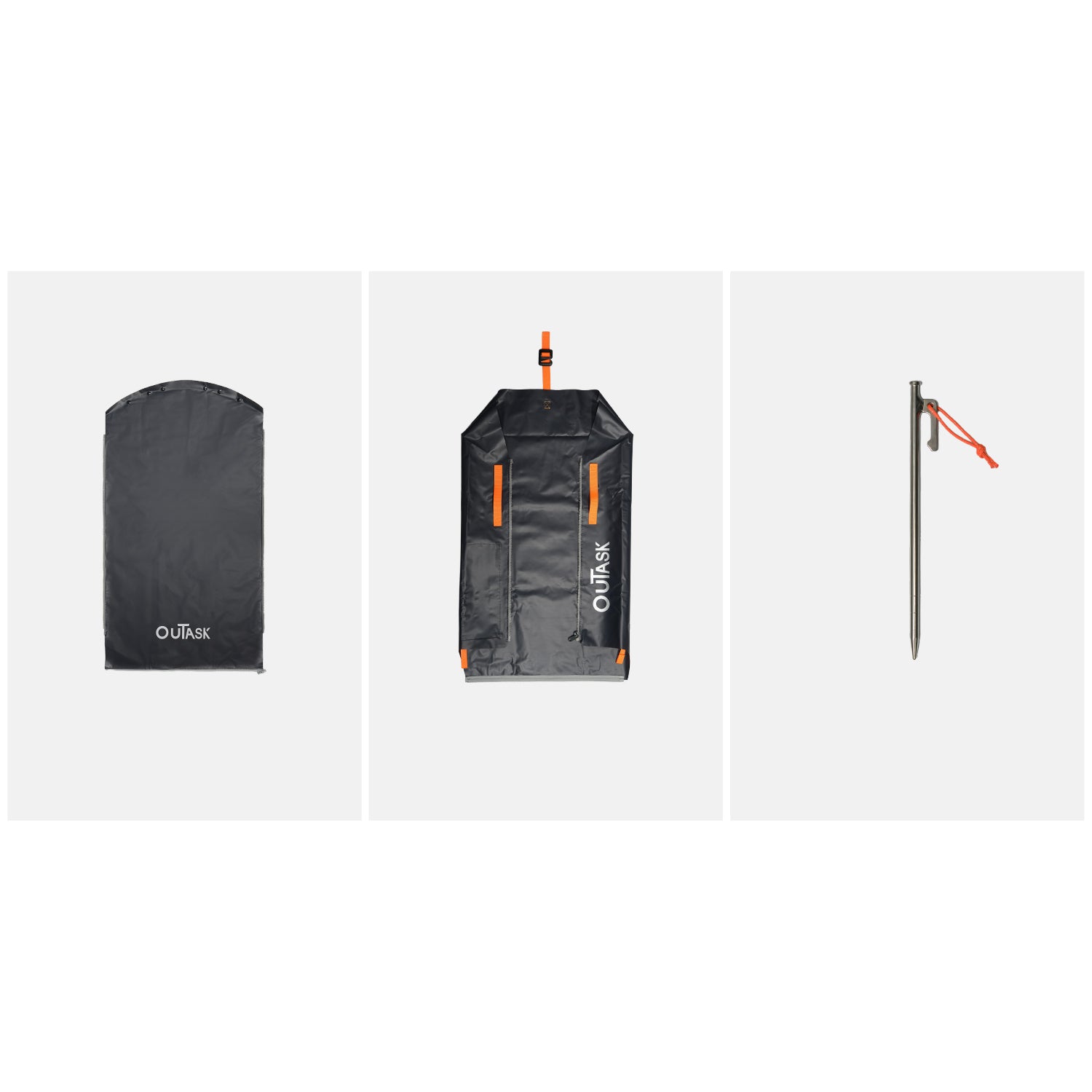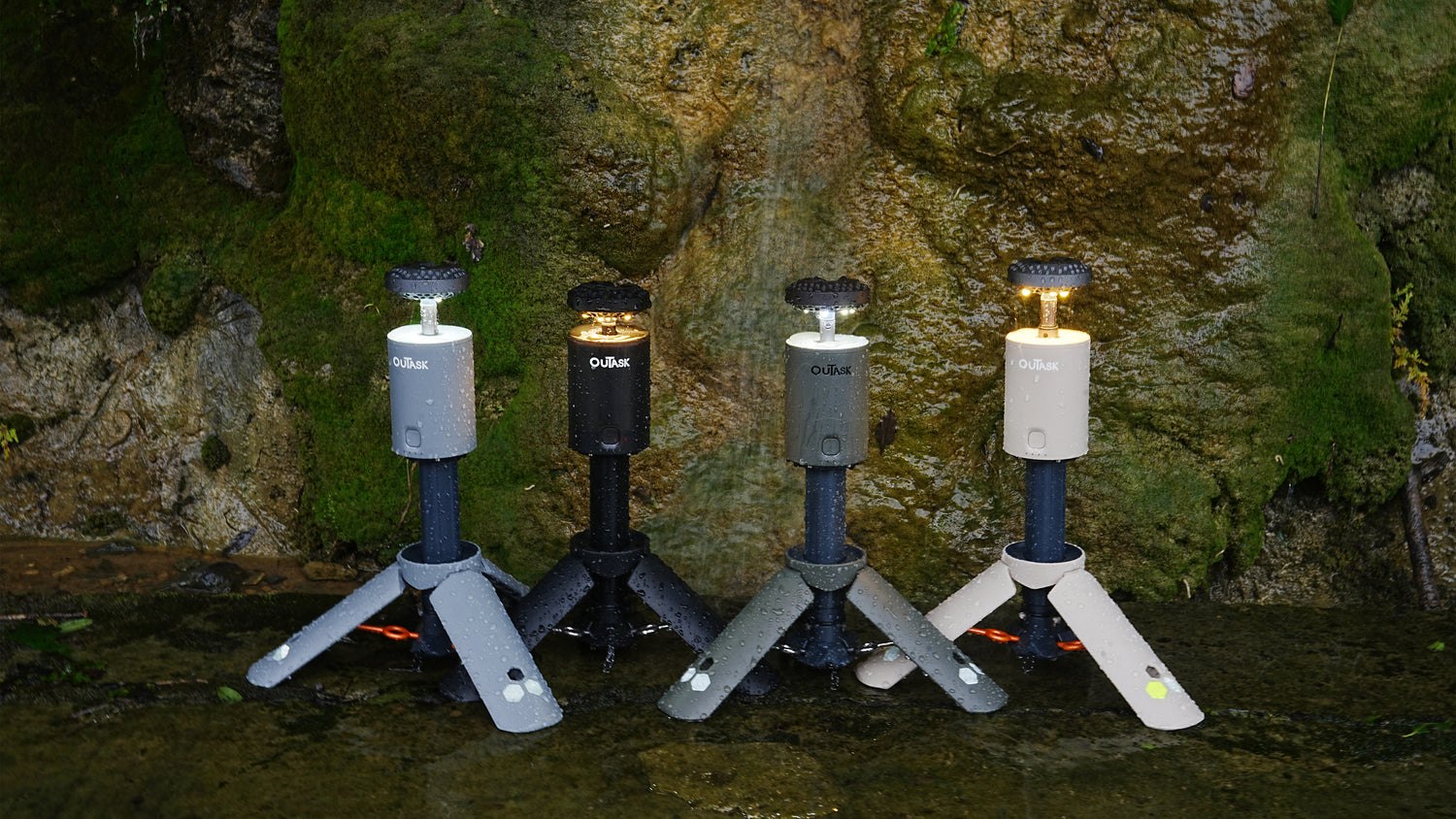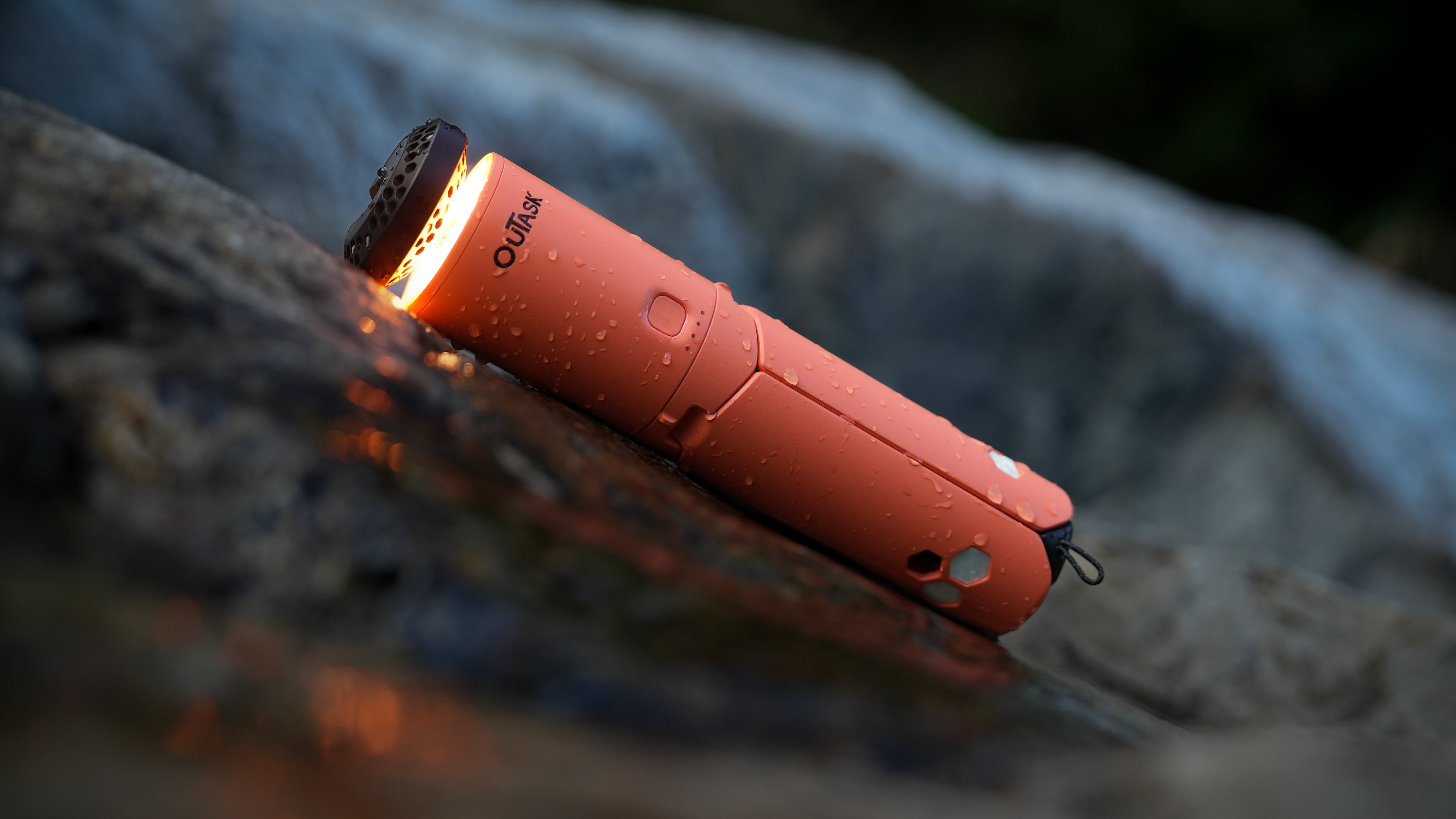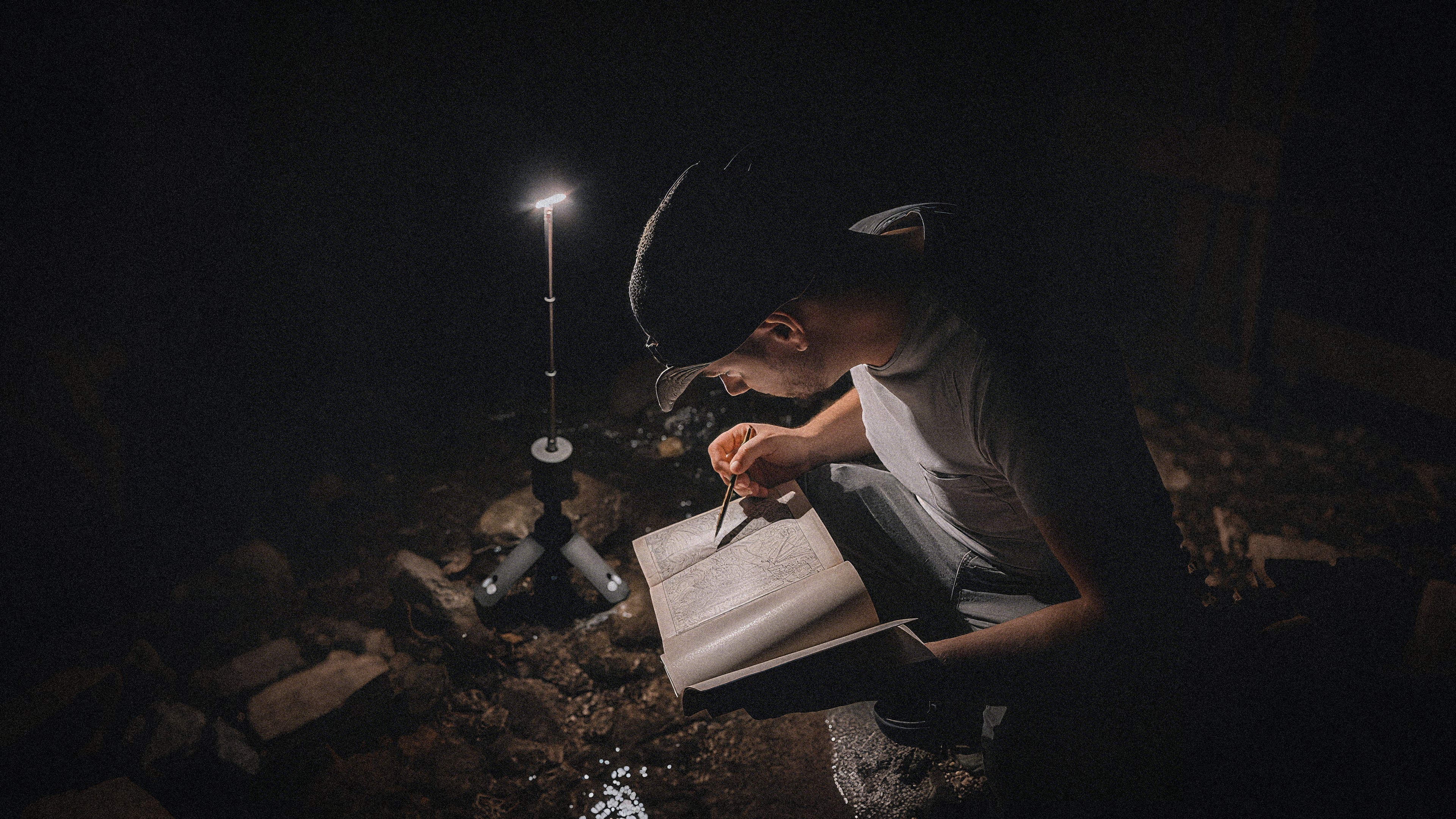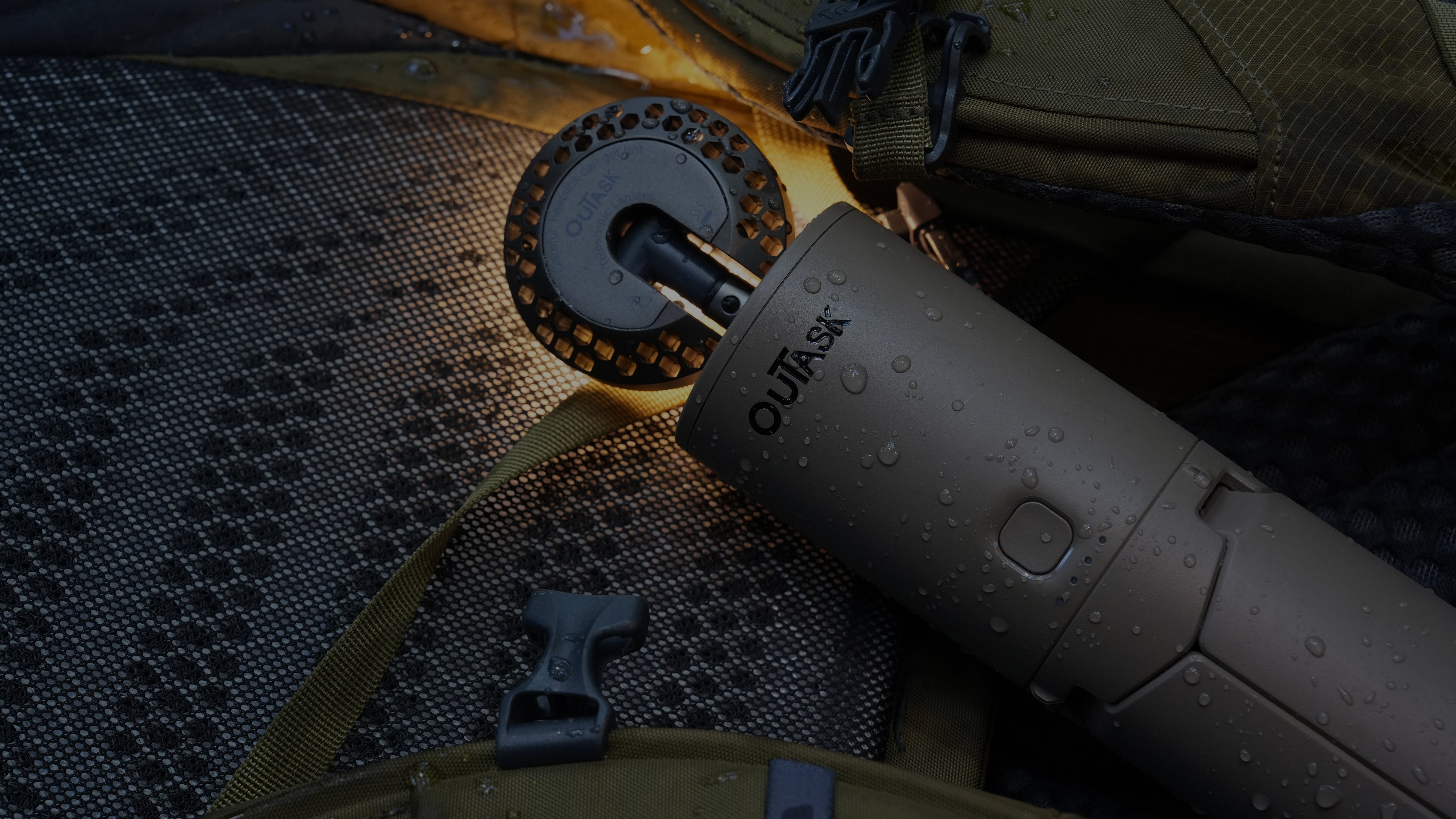Overland travel is the perfect blend of adventure, exploration, and self-sufficiency. Unlike typical road trips, overlanding requires careful planning and the right gear to tackle the challenges of remote and rugged landscapes. Whether you're a seasoned overlander or planning your first trip, ensuring you have the proper equipment is crucial for safety, comfort, and an enjoyable experience.
In this comprehensive guide, we'll explore 10 essential items that should be on your packing list for any overland adventure. From navigation tools to portable lantern, these items will help you navigate the challenges of off-road travel and ensure you're fully prepared for whatever Mother Nature throws your way.
1. Reliable Navigation Tools
When you're venturing off the beaten path, having reliable navigation tools is non-negotiable. While GPS devices are incredibly useful, they shouldn't be your only means of finding your way.
- GPS Device: A dedicated GPS device is invaluable for overland travel. These devices are designed specifically for off-road use, offering detailed maps, waypoints, and route planning features. Unlike smartphone apps, they're built to withstand harsh conditions and provide accurate location data even in remote areas where cell service is non-existent.
- Paper Maps and Compass: As a backup to your GPS, always carry paper maps and a compass. In case your GPS fails due to battery issues or signal loss, traditional navigation methods can help you stay on course. Maps from companies like NatGeo or Hema Maps are specifically designed for off-road use and offer detailed topographical information.
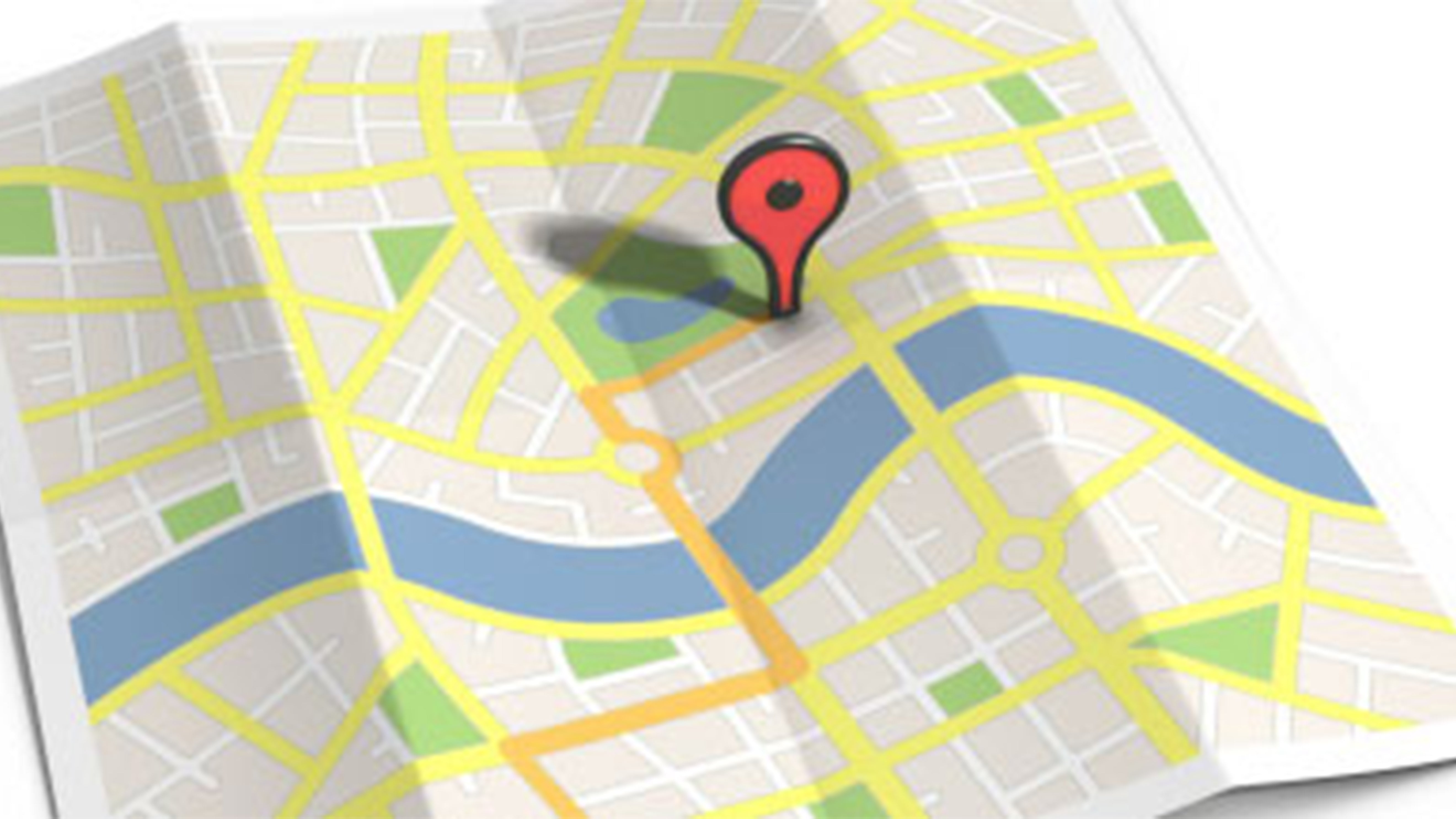
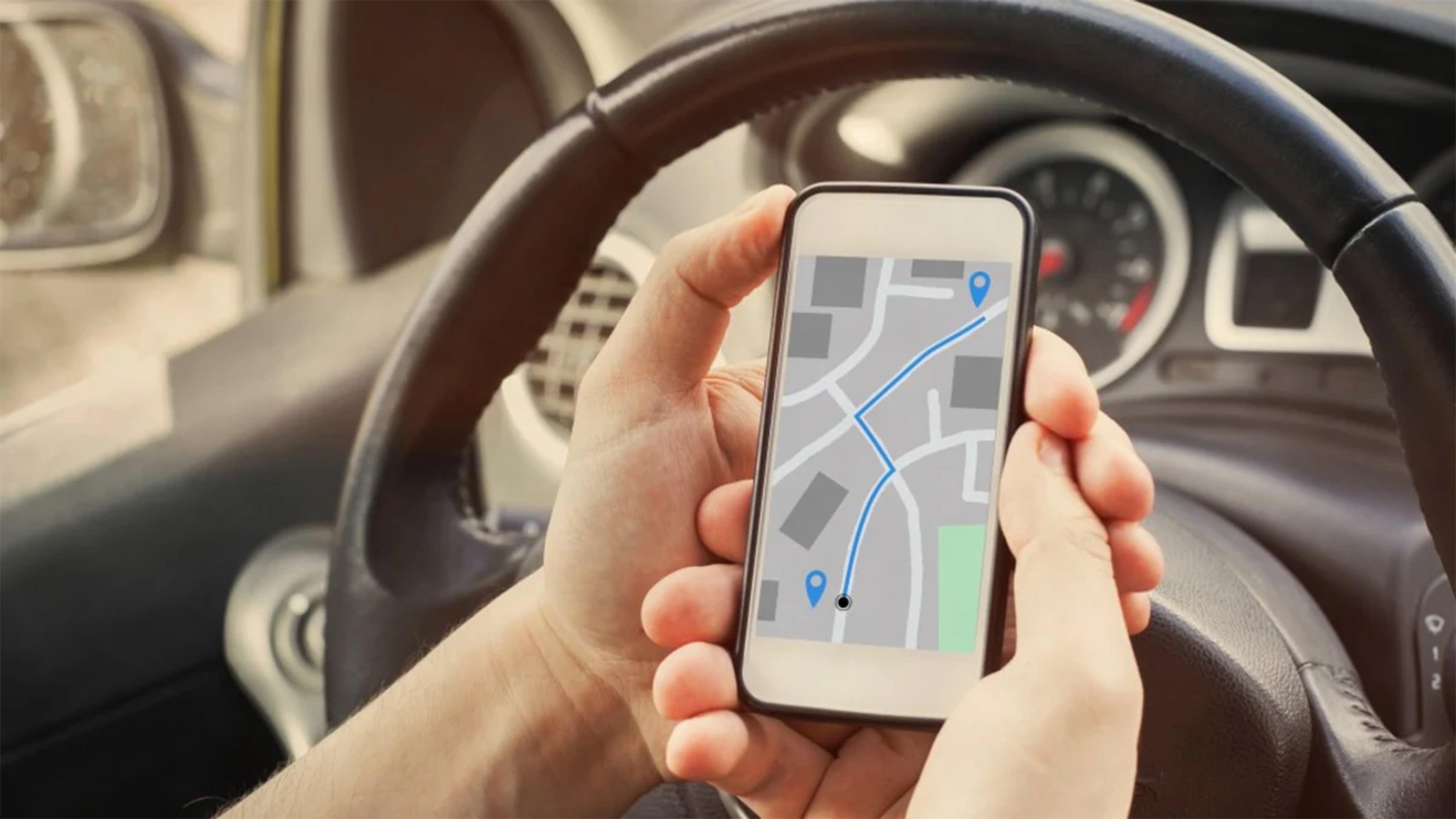
2. High-Quality Sleeping Gear
A good night’s sleep is essential when you’re out in the wild, so investing in high-quality sleeping gear is a must.
- Roof-Top Tent: Roof-top tents offer the comfort of a traditional tent with the added benefit of keeping you off the ground, away from bugs, and ready to set up camp in minutes. These tents are durable, weather-resistant, and perfect for overland travel.
- Sleeping Bag and Pad: Choose a sleeping bag that’s rated for the coldest temperature you expect to encounter. Many brands offer a range of sleeping bags designed for different conditions. A quality sleeping pad provides insulation and comfort, ensuring you get a good night's sleep.
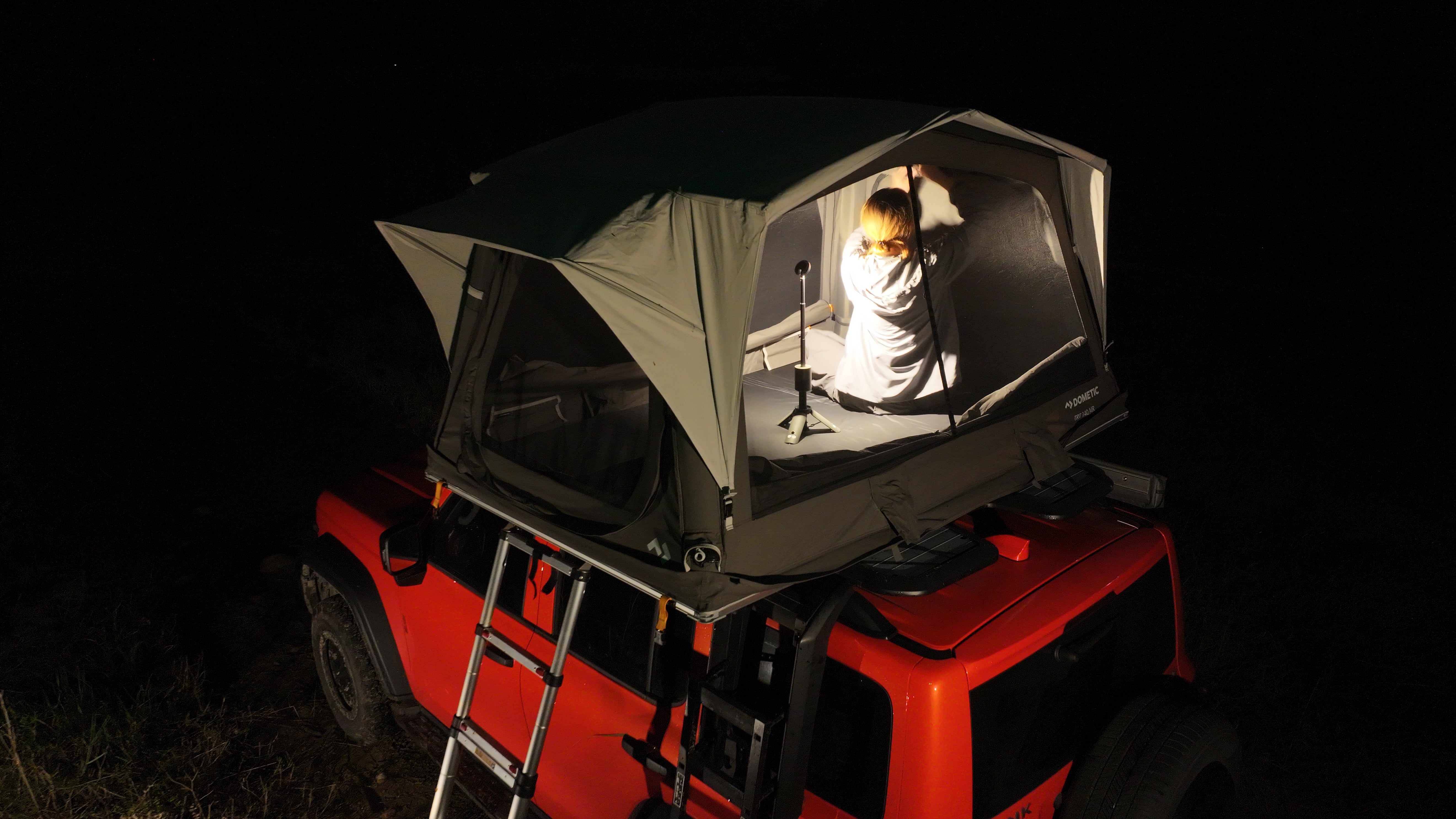
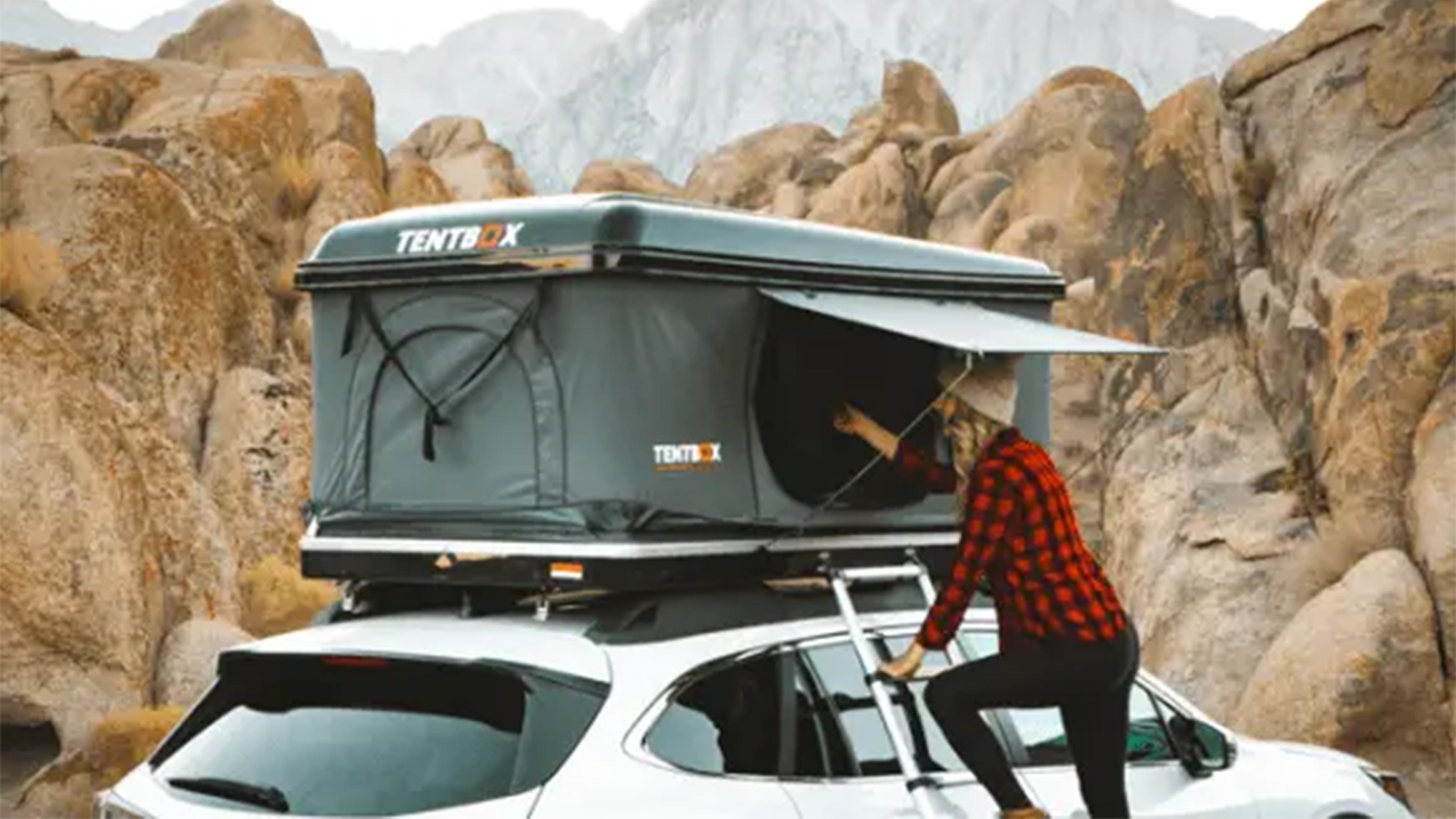
3. Efficient Cooking Equipment
Cooking in the great outdoors is one of the joys of overlanding, but it requires the right gear to be both enjoyable and efficient.
- Portable Stove: A portable stove is a must for any overlander. The Jetboil Genesis Basecamp System is a popular choice, offering quick boil times and compact storage. It’s designed for efficiency, using minimal fuel while providing ample cooking power.
- Cookware: Invest in lightweight, durable cookware that can withstand the rigors of outdoor cooking. Titanium or aluminum pots and pans are great options because they’re easy to clean and heat up quickly. Look for sets which offers everything you need in a compact package.
- Food Storage: Proper food storage is essential for both convenience and safety. A good quality cooler or a portable fridge/freezer keeps your food fresh for longer periods. Don’t forget airtight containers for storing leftovers and dry goods.
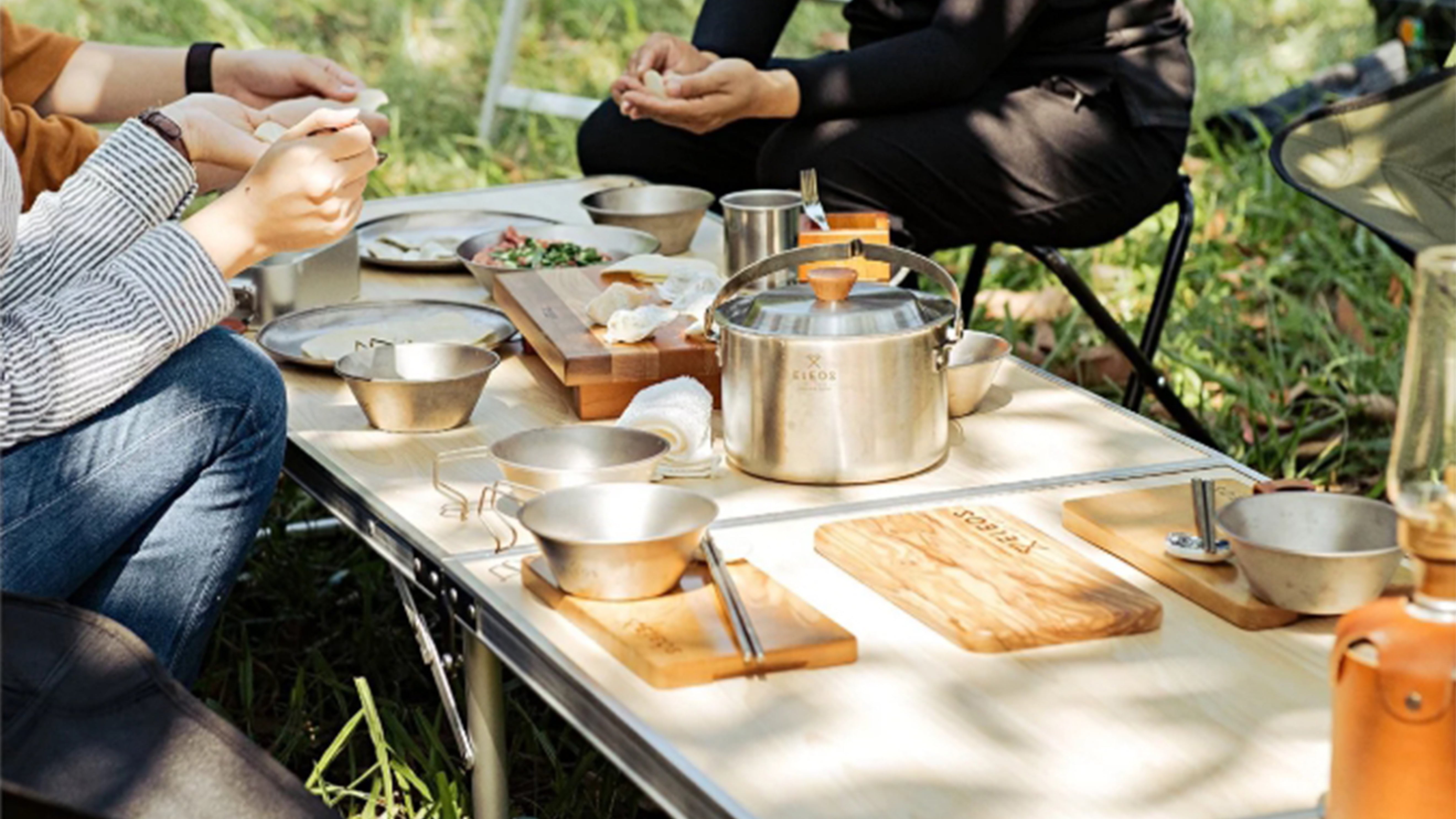
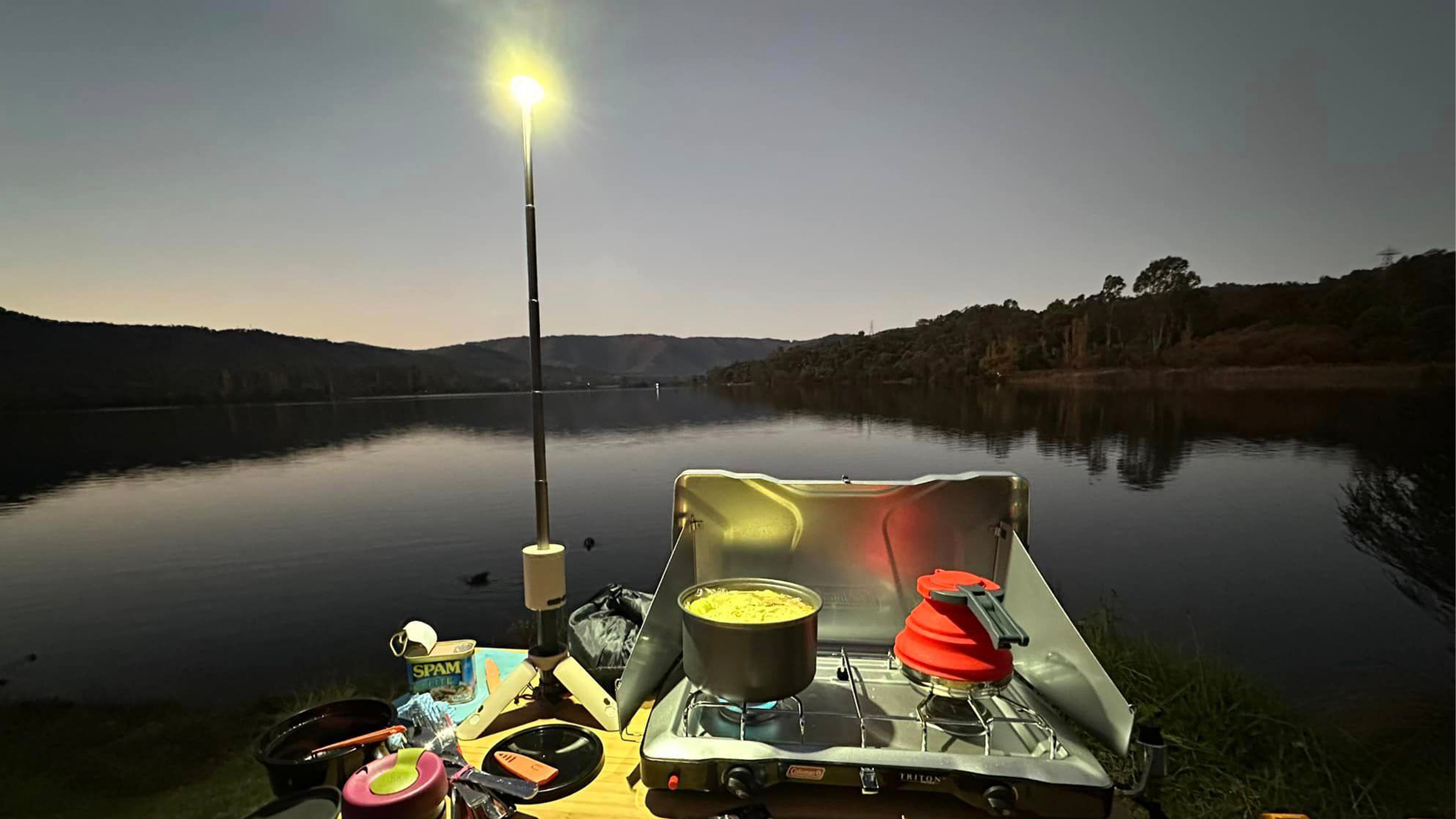
4. Dependable Lighting Solutions
When night falls in the wilderness, having reliable lighting is crucial for both safety and convenience.
- Headlamp: A headlamp should be your primary source of light, as it keeps your hands free for tasks like setting up your tent or cooking. Look for a headlamp with adjustable brightness settings and long battery life.
- Camp Lantern: A camp lantern provides ambient lighting for your campsite, making it easier to navigate around your tent and cooking area. The ouTask Telescoping Lantern is a versatile and innovative choice that stands out for its unique design. With its adjustable height and powerful LED light, the ouTask lantern offers customizable lighting that can be elevated to illuminate a larger area, making it perfect for group settings. Plus, its telescoping feature allows it to collapse into a compact size for easy storage when not in use.
- Backup Batteries: Ensure you have extra batteries or a portable power bank to keep your lights (and other devices) charged throughout your trip. This is especially important for extended overland journeys where access to power may be limited.
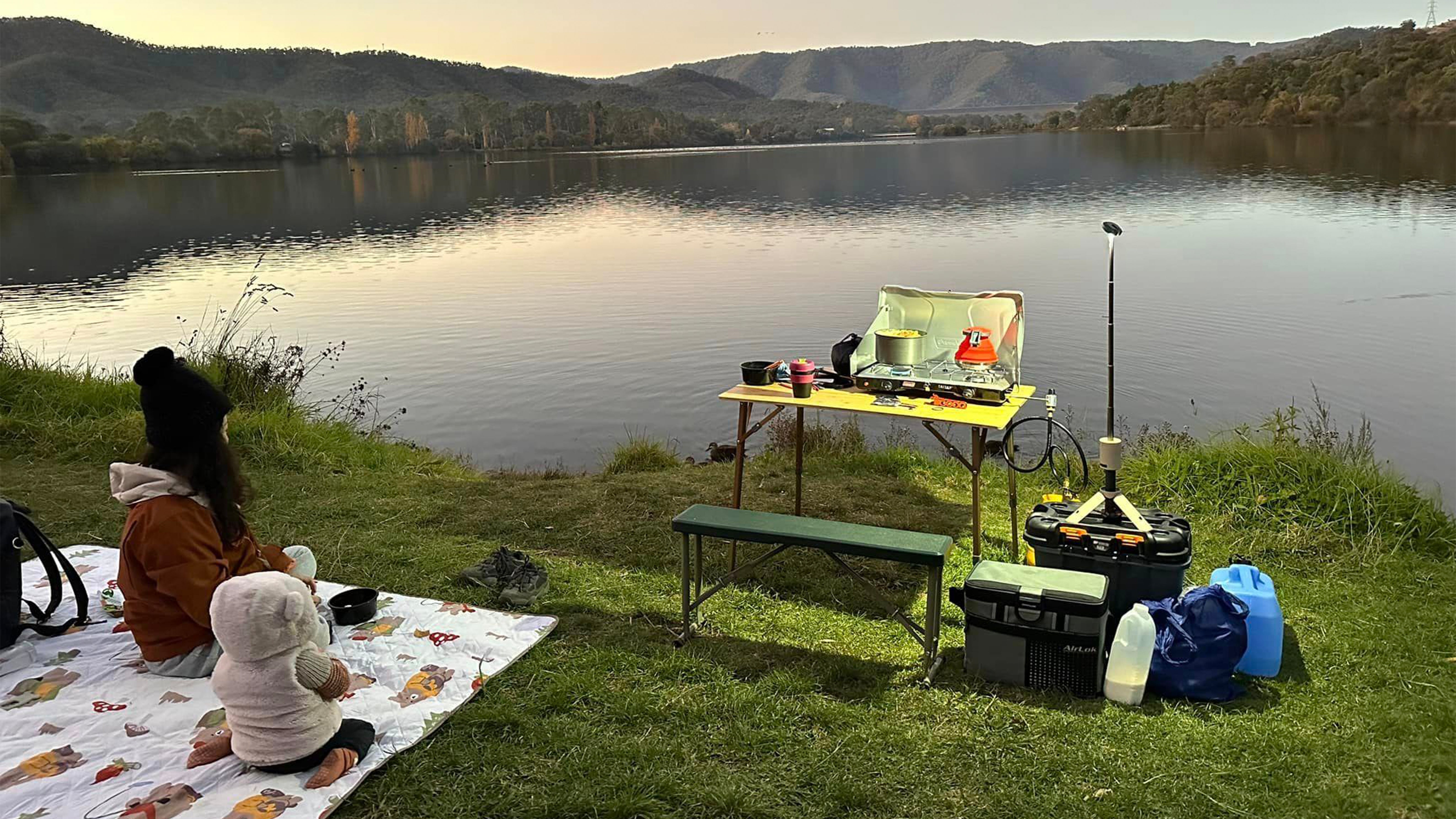
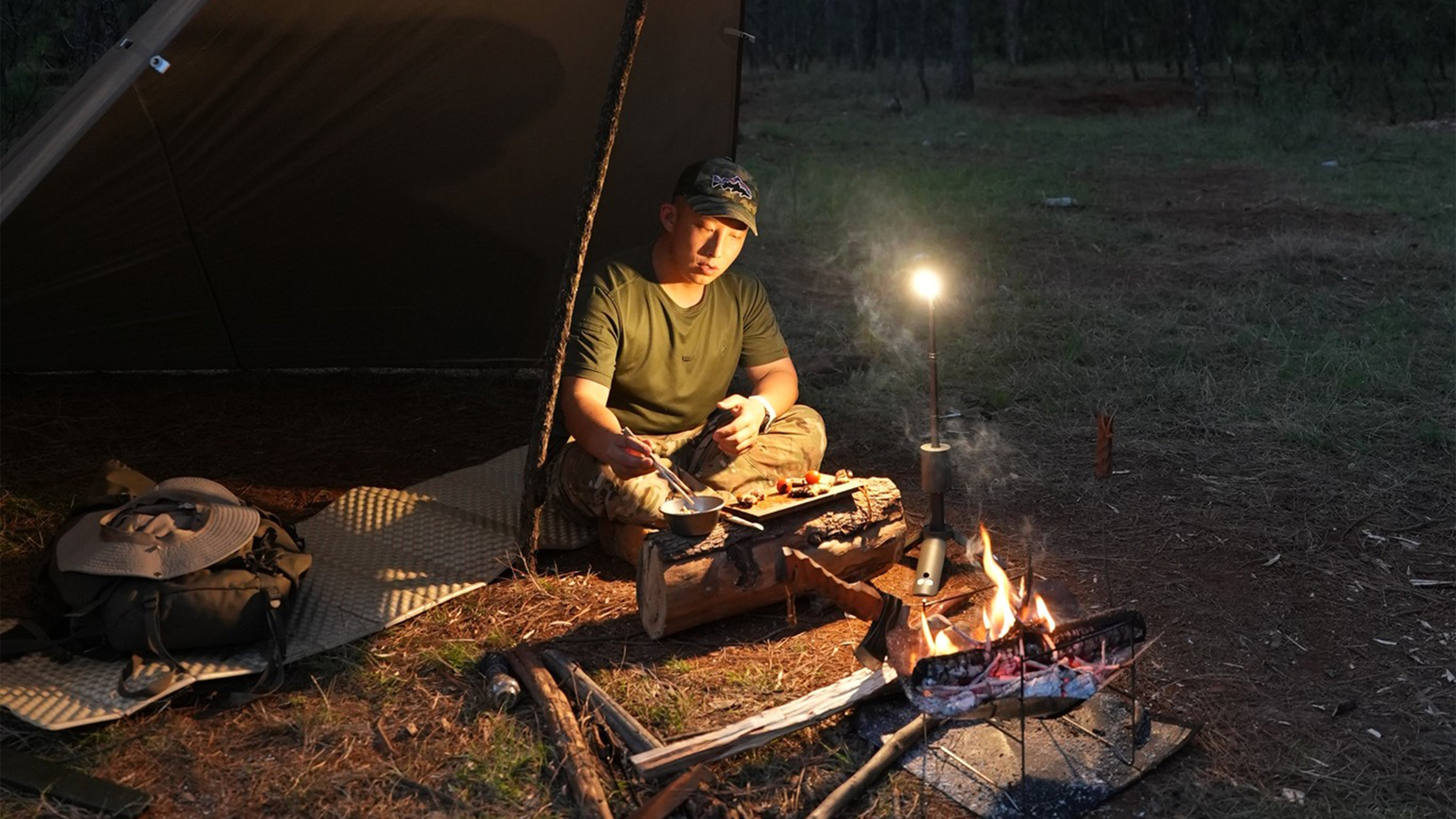
5. Comprehensive First Aid Kit
A first aid kit is one of the most critical items on your packing list. It’s essential for treating minor injuries and could be a lifesaver in more serious situations.
- First Aid Supplies and Medications: Your kit should include bandages, antiseptic wipes, adhesive tape, gauze, scissors, tweezers, and a digital thermometer. Beside, medications are essential, which should include over-the-counter medications for pain relief, allergies, and digestive issues. If you have any prescription medications, make sure you have enough for the entire trip, plus a little extra in case of delays.
- Emergency Items: Your first aid kit should also include emergency items like a thermal blanket, a whistle, and an emergency splint. These can be crucial in a more serious injury scenario where you’re waiting for help to arrive.
6. Recovery Gear
Off-road travel often means navigating through tough, unpredictable terrain. Recovery gear is essential for getting you out of sticky situations like being stuck in mud, sand, or snow.
- Traction Boards: Traction boards are one of the most effective tools for getting your vehicle unstuck. They provide the traction needed to get your tires moving when they’re spinning in mud or sand.
- Winch: A winch can be a lifesaver in more extreme situations where traction boards alone won’t do the job. Ensure your winch is rated for your vehicle's weight and that you know how to use it properly. The Warn Zeon series is highly regarded in the overlanding community.
- Recovery Straps and Shackles: Recovery straps and shackles are essential for towing your vehicle or pulling another vehicle out of a tough spot. Make sure they’re rated for the weight of your vehicle and always carry at least two of each.
7. Water Filtration System
Access to clean water is essential when you’re miles away from the nearest source. A water filtration system ensures you have safe drinking water wherever you are.
- Portable Water Filter: A portable water filter is lightweight and effective at removing bacteria and protozoa from natural water sources. These filters are easy to use and perfect for individual use or small groups.
- Gravity Filter: For larger groups or if you want to filter water for cooking and cleaning, a gravity filter is ideal. It allows you to filter large quantities of water with minimal effort.
- Water Purification Tablets: As a backup, always carry water purification tablets. They’re lightweight, easy to use, and effective at killing bacteria and viruses in water.
- Water Storage: Don’t forget to bring enough containers to store filtered water. Collapsible water jugs or bladders are great for saving space when they’re not in use.
8. Durable Shelter
Your shelter is your home away from home on an overland trip, so it needs to be both durable and easy to set up.
- Ground Tent: If a roof-top tent isn’t your style, a ground tent is a great alternative. Look for a tent that’s easy to pitch and offers plenty of space for you and your gear.
- Awning: An awning provides shade and shelter from rain, making your campsite more comfortable. A retractable awning that attaches to your vehicle is a great investment.
- Tarps and Ground Cloths: Tarps are versatile and can be used for additional shelter, as a ground cloth to protect your tent, or as a makeshift rain cover for your cooking area.
9. Multi-Tool and Repair Kit
In the wild, things don’t always go as planned. A multi-tool and repair kit are essential for handling the unexpected.
- Multi-Tool: A good multi-tool offers a range of tools in a compact design. Look for one that includes pliers, a knife, screwdrivers, and wire cutters.
- Vehicle Repair Kit: Your repair kit should include items like tire repair plugs, duct tape, electrical tape, hose clamps, and zip ties. These can help you make temporary repairs to keep your vehicle running until you can get professional help.
- Duct Tape and Paracord: These two items are incredibly versatile and can be used for quick repairs, securing gear, or even making emergency shelters.
- Spare Parts: Consider carrying a few essential spare parts for your vehicle, such as fuses, belts, and hoses, especially if you're heading to a remote area where getting replacements might be difficult.
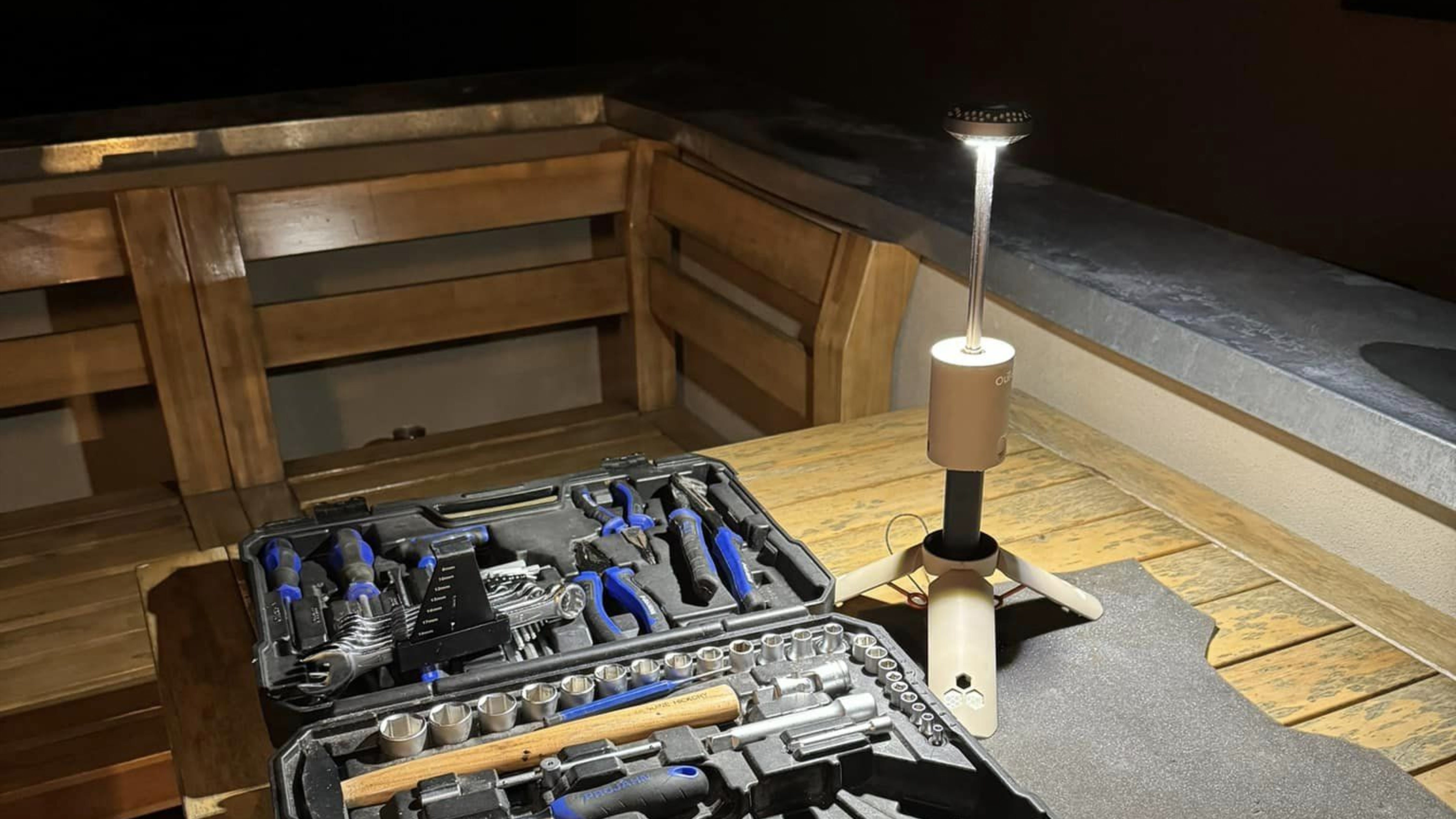
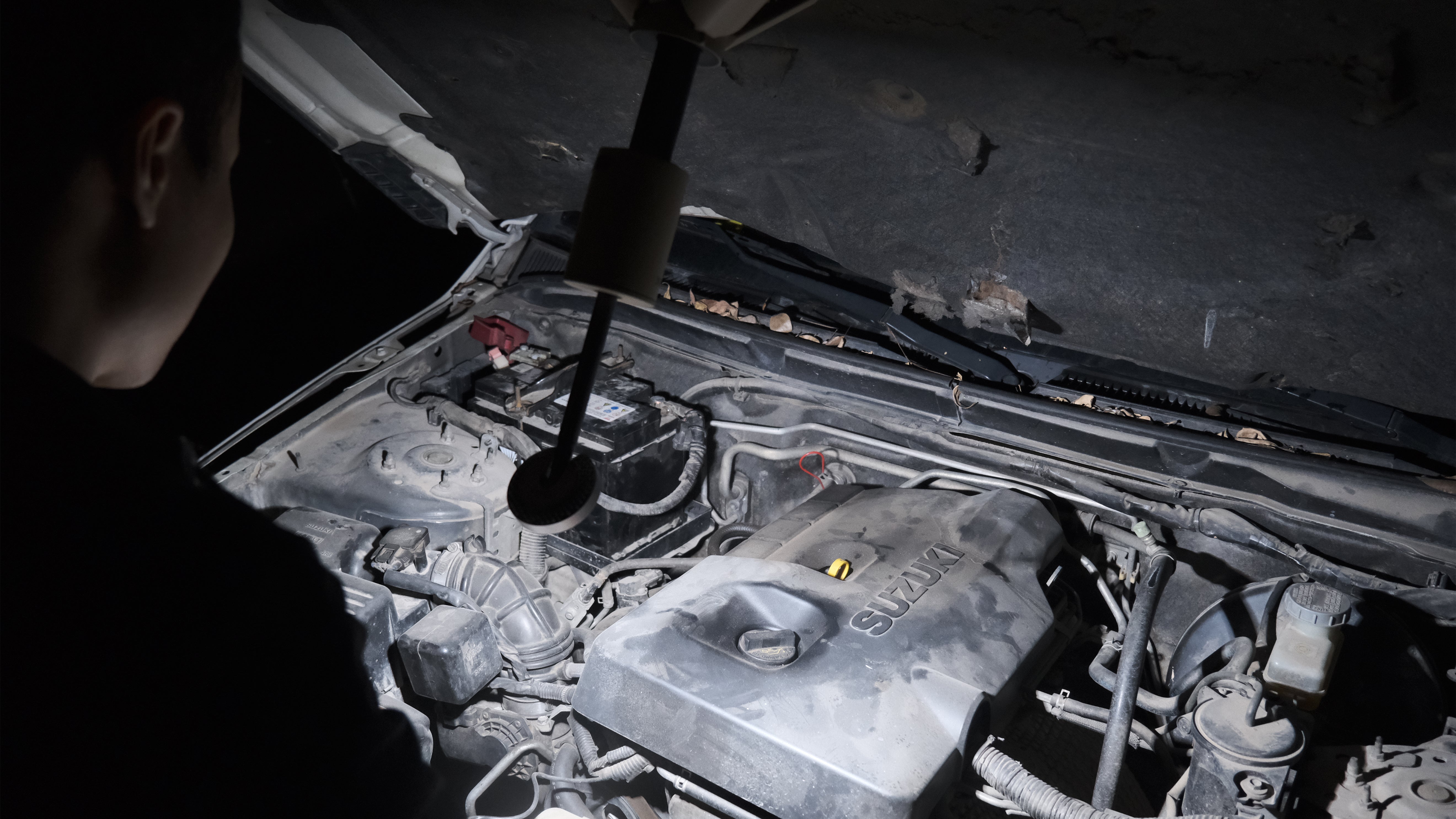
10. Personal Safety Gear
Lastly, don’t forget to pack gear that ensures your personal safety while you’re out in the wilderness.
- Bear Spray: If you’re traveling in bear country, bear spray is an essential item. It’s an effective, non-lethal way to deter a bear if you find yourself in a dangerous situation.
- Personal Locator Beacon (PLB): A PLB is a device that, when activated, sends out a distress signal with your location to emergency services. It’s an essential piece of safety gear if you’re traveling far from civilization.
- Self-Defense Tools: Depending on where you're traveling, it may be wise to carry some form of self-defense, such as a knife or a legal firearm. Make sure you’re trained and aware of the laws in the area you’re traveling to.
- Protective Clothing: Protect yourself from the elements with proper clothing. This includes moisture-wicking layers, waterproof jackets, and sturdy boots. Also, consider gloves and eye protection when handling rough terrain or working on your vehicle.
Final Thoughts
Embarking on an overland adventure is an exciting and rewarding experience, but it requires thorough preparation and the right gear. By packing these 10 essential items, you’ll be well-equipped to handle the challenges of off-road travel and ensure your trip is both safe and enjoyable.
Before you hit the road, double-check your packing list, and make sure everything is in good working order. Remember, the key to a successful overland journey is preparation, so don’t skimp on the essentials!

